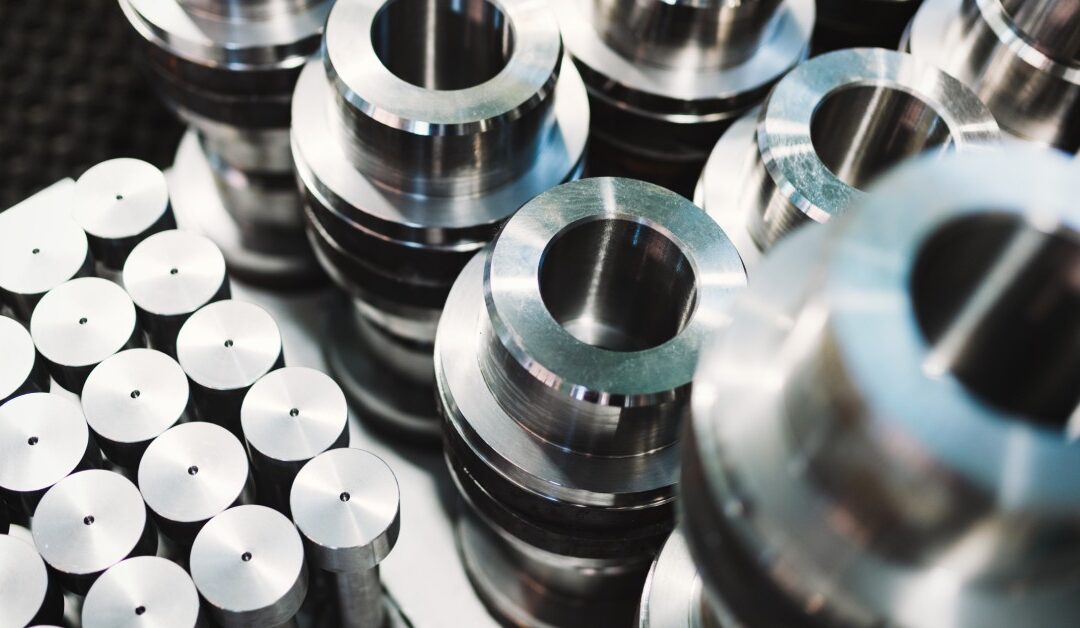Quality control is a critical aspect of ensuring the integrity and performance of alloys in various applications, ranging from aerospace to automotive industries. The manufacturing process of alloys involves complex techniques where precision and consistency are paramount. Implementing stringent quality control measures allows for the detection and mitigation of any discrepancies or defects that could compromise the material’s properties.
Let’s look at quality control measures in alloy manufacturing to understand their significance in maintaining the quality of alloys.
Raw Material Inspection
The first step in ensuring the quality of alloys is to inspect the raw materials used in production. The chemical composition and physical properties of each element must meet specific requirements to produce alloys with the desired characteristics. Any deviation from these specifications could result in a substandard material, leading to potential product failure. Hence, thorough inspection and testing of raw materials are essential before they can move on to the manufacturing process.
Process Control
Once the raw materials pass inspection, it’s crucial to maintain strict control over the entire manufacturing process. This control includes monitoring temperature, pressure, mixing ratios, and other critical parameters to ensure consistency and uniformity across batches. Advanced technologies, such as computerized systems, can assist in real-time monitoring and adjustments, reducing the risk of human error.
In-Process Testing
In addition to process control, in-process testing is a crucial measure to detect any anomalies during production. This testing could include non-destructive testing methods, such as ultrasonic or X-ray inspection, to identify defects or inconsistencies within the material. Any discrepancies found can be addressed immediately, reducing the chances of producing defective products.
Final Inspection
Before alloys are released for use in various applications, they undergo a final inspection and testing. This inspection includes conducting mechanical and chemical tests to verify that the alloy meets all required specifications. Additionally, visual inspections are carried out to check for surface imperfections that could impact the material’s performance. Only after passing all these tests will the alloy be deemed suitable for use.
Quality Management Systems
To ensure consistency in the quality of alloys, many manufacturing companies implement quality management systems (QMS). A QMS provides a framework to establish and maintain processes that comply with industry standards. This process includes implementing quality control measures, conducting regular audits, and continuously improving processes to meet changing demands. Adhering to a QMS can enhance overall efficiency and productivity while minimizing the risk of defects or errors.
Application to Aluminum Silicon Bronze
To understand the practical application of quality control measures, let’s take a closer look at an alloy commonly used in various industries—aluminum silicon bronze alloy. This alloy is preferred for its high strength and corrosion resistance, and is used in applications such as marine hardware, oil and gas equipment, and automotive parts.
In addition to its mechanical properties, aluminum silicon bronze alloy offers excellent machinability, making it a preferred choice for precision components. By maintaining stringent quality control measures throughout the production process, manufacturers can ensure that this versatile alloy consistently meets the high standards required for demanding applications.
Implementing robust quality control measures in alloy manufacturing is crucial for maintaining the high performance and reliability of alloys used in various industries. From raw material inspection to final product testing, every stage of the manufacturing process must adhere to strict standards to produce superior-quality alloys. Additionally, continuous improvement through QMS ensures that these measures are constantly evaluated and enhanced to meet the ever-evolving demands of the industry. With proper quality control, manufacturers can deliver alloys that meet customer expectations and contribute to the success of various industries.

